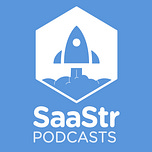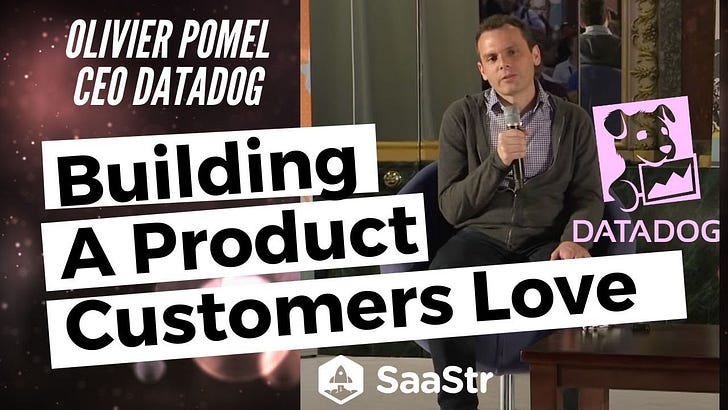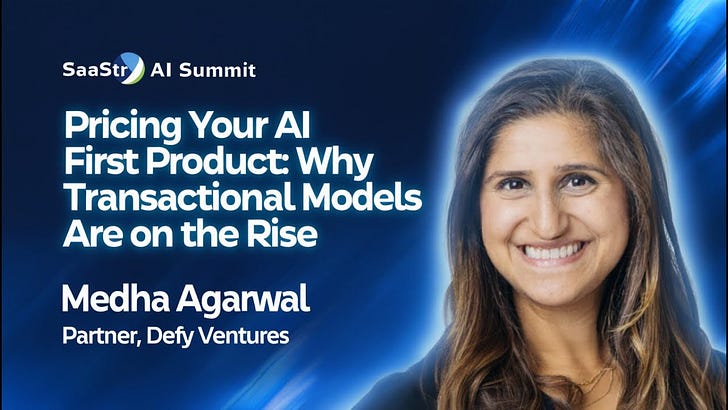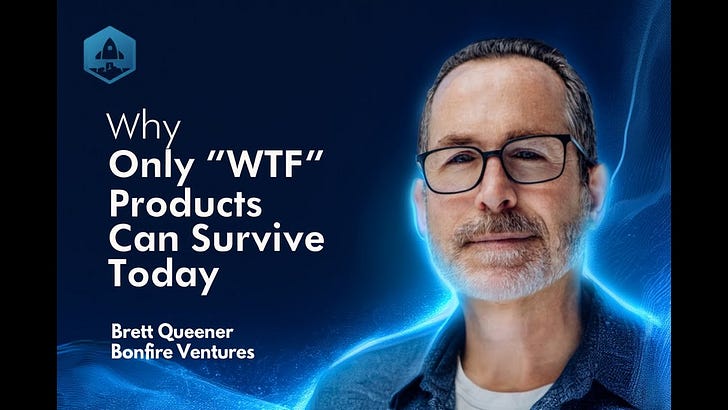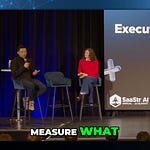Dave Kellogg is a leading technology executive, independent board member, advisor and angel investor. In his most recent role, Dave was the CEO @ Host Analytics where he quintupled ARR, halved customer acquisition costs and increased net retention rates before selling the company to a private equity sponsor. Before that Dave was SVP/GM of Service Cloud @ Salesforce where he led the $500m line of business for customer service applications. Finally pre-Salesforce, Dave was CEO @ MarkLogic where he grew the team from 40 to 240 and revenues from $0 to an $80m revenue run rate. If that was not enough, Dave currently or has previously sat on the boards of Nuxeo, Alation, Aster Data and Granular.
In Today’s Episode We Discuss:
How did Dave make his way into the world of SaaS over 20 years ago? How did seeing the boom and bust of the dot com and 2008 affect Dave’s operating mentality?
What were his biggest lessons from being in the Sequoia boardroom when they presented “RIP good time”? How does Dave think about when is the right time to raise? How does Dave advise founders on how much is the right amount to raise? Does Dave agree that if the money is on the table founding teams should take it? Why does Dave believe 99% of companies die?
The first step in being acquired by a PE house is “making the book”, what goes into “making the book”? Who is involved? How long does it take? What are the clear differences between a good book and a bad book? How should execs think about making exciting enough go-forward plans for it to be attractive to buyers but also realistic enough that they can hit it in the acquisition process?
How does the selection for who receives the book look? Who decides this? What is the fundamental aim in the distribution of the book to many parties at the same time? What does Dave know now about the world of PE that he wishes he had known at the beginning? IOI’s is the next step, what are they? How do they set up the process from there?
How do management meetings with potential PE acquiring firms compare to founders meeting VCs in the early days? How many meetings is normal to have in this process? How long do they last? What does Dave believe is crucial to achieve in these in person meetings? How much of a role does price play in selecting the ultimate acquiror? How much of a role does their brand and reputation play?
60 Second SaaStr:
What does Dave know about the process that he wishes he had known at the beginning?
The biggest misconception about the world of PE and acquisitions?
Burn rate is a function of the personality of the CEO? Agree or disagree? Why?
If you would like to find out more about the show and the guests presented, you can follow us on Twitter here:

